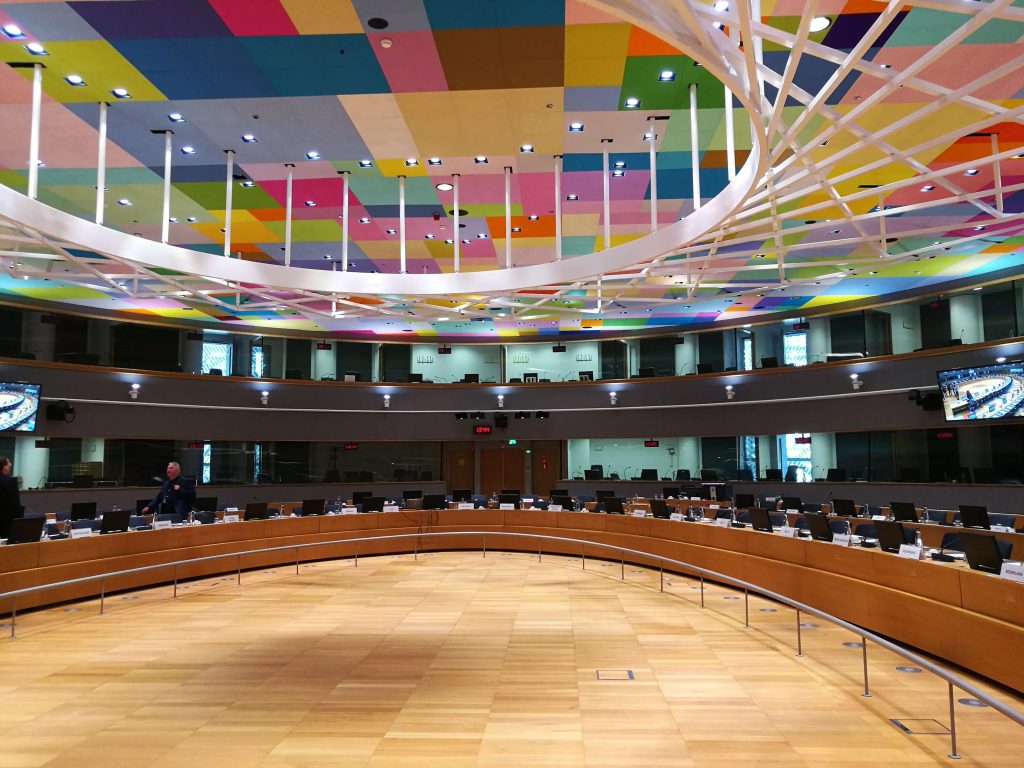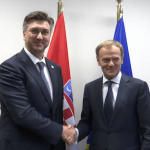At its last summit, the European Council confirmed Croatia’s entry into the euro area on 1 January 2023, and the government expects that Croatia will also join the Schengen area then too.
“We are very systematically making these strategic steps forward for the prosperity of our citizens and economy. They (that headway) are here, they will last, they will remain, and they will be a kind of legacy of the two terms of our government,” Plenković said at a cabinet meeting.
“These are really great strategic achievements. They do not just come with some routine schedule. They come on the basis of the implementation of reforms, the fulfillment of benchmarks, the adoption of laws, and our political and diplomatic engagement,” he added.
The Moody’s agency has recently announced that it could raise Croatia’s credit rating to the investment category following the EU’s recommendation for Zagreb’s entry into the euro area.
Croatia’s current rating of ‘Ba1’ signals investors that the agency considers the purchase of Croatian government bonds a speculative investment.
Last Friday Moody’s announced that it will raise Croatia’s rating by two levels, to ‘Baa2’, investment category.
Plenković said that Croatia will have the best credit rating so far in the investment level, according to the assessments of all the three largest global credit rating agencies.
“We are sending a message of confidence to financial markets, investors, partners (…) There will be many more such positive messages. Only now will we appear on the radar of some serious stakeholders on the market since we have been given a sort of tick from all three agencies,” he underscored.
Council’s conclusions on BiH call for limited constitutional and electoral law reforms
Commenting on the conclusions of the last European Council on the possible candidate status for Bosnia and Herzegovina, Plenković said that the Croatian initiative included the wording that the European Council is ready to give BiH candidate status if it meets reforms in 14 areas, including limited constitutional and electoral law reforms. They “should address the issue of the inequality of Croats as the least numerous constituent people in the country among other things, said the PM underscoring that Zagreb has been systematically advocating the BiH Croats’ rights for years.
Plenković also commented on a decision at the NATO summit in Madrid to give the green light for Swedish and Finnish membership in NATO.
He said he was “glad” that President Zoran Milanović agreed with the government’s position, who had previously said that it was necessary to block the Swedish and Finnish request for NATO membership until the election law in BiH was changed.
A proposal on initiating the procedure for concluding a protocol to the North Atlantic Treaty on the accession of Finland and Sweden to NATO was adopted during Thursday’s cabinet meeting.
For more, check out our politics section.










